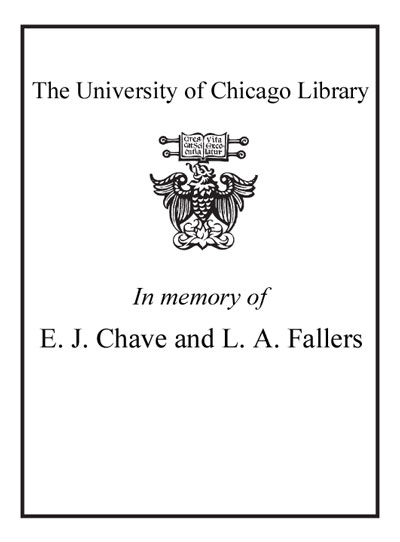Review by Choice Review
Park (physics, Univ. of Maryland), author of Voodoo Science (CH, Nov'00, 38-1529), continues to lambaste nonscientific beliefs in this current book. Genial anecdotal tales introduce each chapter, which are then followed with the cutting criticism of various pseudobelief systems. Dogmatic in his emphasis that science is the only way of knowing, Park weighs faith-based beliefs against scientific evidence and makes no allowance for other ways of knowing. Starting with a concise history of the court-based litigation on the teaching of evolution, the book crushes the arguments of creationists and intelligent design advocates. Park challenges the religious faith of expert scientists who acknowledge evolution as the essential core of biology. Public credulity for religious rites, prayers for healing, shamanic magic, homeopathic medicine, psychokinesis, supernatural notions, and other quackery is attributed to cultural imprinting of superstition during the first years of life. The writing and reasoning is often disjointed, and this physicist has his personal perspective of life, which is limited to the rules of physics. The controversial content should provide debate material for the high school and young college crowd as well as the general public. Summing Up: Recommended. Libraries serving general readers, high school students, lower-division undergraduates, and two-year technical program students. R. A. Hoots emeritus, Sacramento City College
Copyright American Library Association, used with permission.
Review by Booklist Review
For Princeton physicist Robert Park, science serves as a rapier for skewering all beliefs not sustained by empirical proof. Predictably, religion heads the list of targets. And much to Park's credit, he engages some of the most scientifically respected exponents of scriptural faith, including fellow physicist Charles Townes and pioneering geneticist Francis Collins. Park particularly challenges the religious argument that the cosmos reflects a divine purpose and that the human moral sense ultimately depends upon sacred revelations. Devout readers may resist Park's reasoning, but his refreshingly lucid style ensures that all will understand its internal logic. That logic pits experimental rigor not only against the creeds of antiquity but also against the irrationality of New Age gurus who evangelize for alternative medicines or extrasensory perception. Strong when crusading against others' credulity, Park leaves unanswered questions when he begins extolling the liberating virtues of his own atheism. In particular, readers may wonder why he never addresses the problem of free will within his life-is-just-chemistry metaphysics. Sure to spark sharp debate.--Christensen, Bryce Copyright 2008 Booklist
From Booklist, Copyright (c) American Library Association. Used with permission.
Review by Publisher's Weekly Review
"Science is the only way of knowing--everything else is just superstition," says physicist Park (Voodoo Science) in this thinly argued rehash of the debate between science and religion. Among other questions, Park revisits experiments regarding the healing power of intercessory prayer (prayer for the healing of others), citing several studies that he claims are meaningless because it is impossible to measure prayer. Further, he says, only science, not prayer, con protect us from so-called "acts of God," like a tsunami. Park argues against the existence of the soul by debunking a tale of reincarnation and even interprets the Bible to his own purposes. But this chapter also shows how disjointed his arguments can be, as he jumps from the Plan B contraceptive to genes and memes to stem cells and ghosts. Such issues have been covered more eloquently and in greater depth by thinkers like Daniel Dennett in Breaking the Spell: Religion as a Natural Phenomenon. (Nov.) (c) Copyright PWxyz, LLC. All rights reserved
(c) Copyright PWxyz, LLC. All rights reserved
Review by Choice Review
Review by Booklist Review
Review by Publisher's Weekly Review

